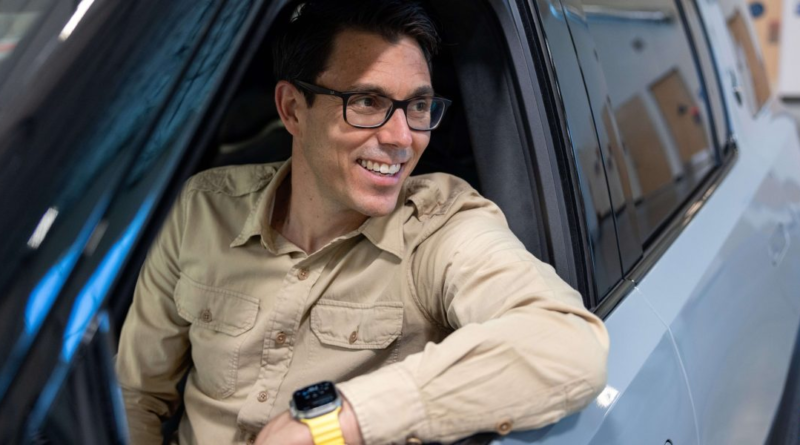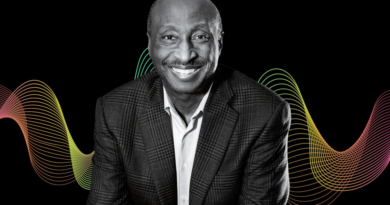Rivian landed a $5 billion investment after its CEO learned to ignore Elon Musk and learn from Jeff Bezos
Rivian CEO RJ Scaringe has always been a go-getter, but he didn’t become successful all on his own.
As a 26-year-old, Scaringe put it all on the line to launch an electric vehicle company, but he also took money that his dad had offered him after refinancing his home. The company had a strong thesis for the EV of the future, but Scaringe couldn’t have made it a unicorn without the billions of dollars contributed by investors that believed in him.
On Tuesday, Scaringe secured some of his most critical help yet in the form of a $5 billion lifeline from Volkswagen that will likely ensure Rivian’s position for the foreseeable future.
In reaching the deal, the Rivian CEO once again leaned on others, to his and the company’s benefit. He acted on the sage advice of one of his closest advisers and discarded scathing criticism by his biggest detractor, both of which happen to be some of the most powerful people in the world, according to an interview Scaringe gave to GQ last fall. One of the keys to Rivian’s success was Scaringe’s decision to trust Amazon CEO Jeff Bezos and ignore Tesla CEO Elon Musk, he said.
Disparaging tweets
As the CEO of rival EV maker Tesla, Elon Musk has had plenty to say about Rivian and Scaringe over the years. In 2021, Rivian began manufacturing its R1T electric pickup truck, but soon production slowed to just over one electric truck per day—a development Musk mocked on X, saying, “Prototypes are trivial compared to scaling production and supply chain.”
Even after the company’s successful IPO gave it a valuation at the time of more than $100 billion, Musk still expressed doubts.
“There have been hundreds of automotive startups, both electric and combustion, but Tesla is the only American carmaker to reach high-volume production and positive cash flow in the past 100 years,” he posted on X about the EV maker in 2021.
In February, Musk predicted that at its current trajectory, Rivian would be bankrupt in six quarters, or about a year and a half.
“Maybe that trajectory will change, but so far it hasn’t,” he wrote in a post on X.
In a thinly veiled shot at Musk in October, Scaringe said he takes a different approach to building his company by staying out of the limelight and letting the products do the talking, he told GQ.
“Making bombastic statements is always a faster way to get a lot of coverage, a lot of clicks, but we don’t have a shortage of demand; we have a lot of people really excited. In fact, our biggest customer complaint today is that we’re not building vehicles fast enough,” he told the outlet.
Instead of focusing on Musk’s comments, Scaringe said he has a single-minded focus on his own company.
“If you’re a race-car driver, and you spend all your time looking at the cars, the left and the right, you’re going to run into the wall,” he told GQ. “When you play the game that we’re playing, we need to focus on the products we’re building.”
Scaringe, instead, has heeded the counsel of Jeff Bezos, founder and former CEO of Amazon, which invested $700 million in Rivian and ordered 100,000 electric vans from the company in 2019. Bezos was someone Scaringe immediately hit it off with, he said.
“I think he connects with entrepreneurs and people who have an appetite and a tolerance for high risk, and that’s certainly me,” he told GQ of Bezos.
The Amazon executive chairman and his team were also key to helping Rivian grow by asking questions about the company’s strategy, and encouraged Scaringe to think of his business as a game of chess.
“Our objective is to sell many millions of cars a year,” he said. “But you can’t press a button and go from zero to 5 million cars or 10 million cars a year. It takes a lot of buildup. It’s a complex, multidimensional 20-year chess game.”




